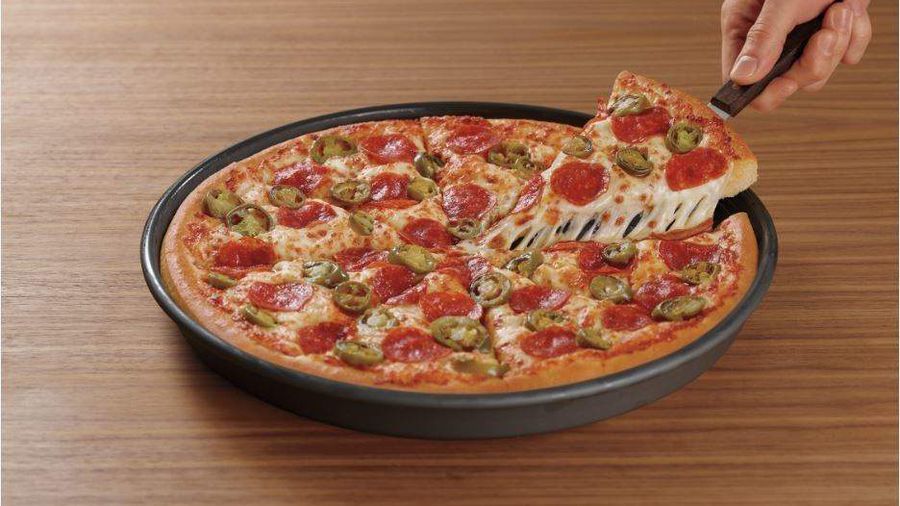
Pizza Patent Wars: Lawsuits Over Pizza-Making Technology and Methods
Pizzas is probably the most dearest and universally appreciated foods on earth. It’s a ease and comfort foods that a great many people bond more than, and contains the strength to take individuals jointly. Even so, the toppings and things that men and women prefer on their own pizza happen to be the topic of a lot debate throughout the years. Actually, there has been numerous law suits filed over this very issue. In this article, we will consider a close look at probably the most fascinating Pizza lawsuits and investigate anything they can show us about the significance of obvious interaction and anticipations.
The initial pizza court action we’ll take a look at is probably the most famous versions: the Domino’s Pizzas circumstance. In 1993, a girl named Suzi Weiss-Fischmann bought a mushroom pizzas from Domino’s, but ended up being getting a pizzas with canned mushrooms as opposed to clean ones. She charged the Lawsuit pizza delivery for bogus marketing, professing that the advertisements implied that they employed new ingredients. Domino’s ultimately settled together with her for $9,000. This situation is a great instance of how significant it is for businesses to be translucent and crystal clear concerning their elements and finding.
An additional notable pizza legal action included a man known as Anthony Bruno, who accused of Pizzas Hut in 2006 around the volume of toppings on the pizzas. Bruno professed that Pizza Hut’s advertisements implied that their pies will have more toppings compared to what they actually performed. Pizzas Hut ultimately consented to a settlement, which integrated supplying Bruno a $5 present greeting card as well as a assurance to adjust their topping amounts later on. This situation shows how essential it is for companies to tell the truth and transparent with their promoting.
In 2017, a team of customers in California charged Papa John’s for allegedly misrepresenting the constituents in their pizza. The shoppers reported how the pizzas contained “potentially harmful” and “artificial” ingredients, even though the chain presented them as “all-natural”. Papa John’s denied the claims and the lawsuit was ultimately disregarded. This example shows the importance of understanding what “all-natural” means and the necessity for organizations to become very clear concerning their element lists.
Walmart also discovered itself in boiling water more than its pizza in 2020, each time a buyer professed which they falsely presented their pizza to be “100Per cent real” mainly because they allegedly included soy products fillers. The client prosecuted Walmart for misleading promoting, as well as the scenario is still continuous. This case illustrates the necessity for firms to be translucent about a bunch of their components, not merely the main versions.
To put it briefly:
The field of pizzas may seem like a lighthearted and enjoyable topic, but as these legal actions present, it could be critical enterprise. Buyers have the ability to assume honesty and openness from the companies they use, and so they have the authority to hold those companies accountable when those expectations aren’t satisfied. These cases also underscore the significance of crystal clear connection and anticipations: when companies are open up and clear about their elements and finding, they’re more unlikely to deal with legal issues down the road. So when you’re having a cut of pizzas, remember that the toppings and components subject – and that knowledge is power.